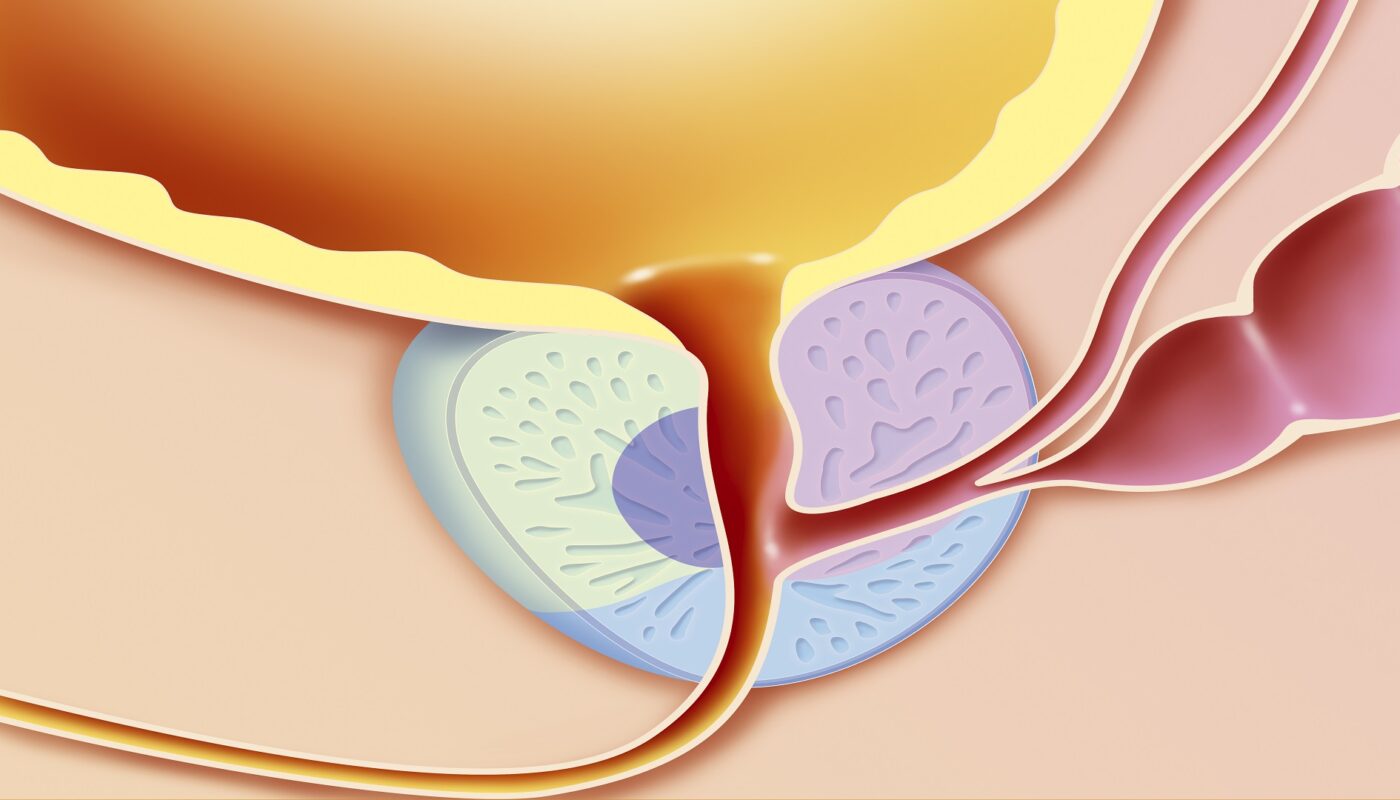A new study conducted by scientists at Nottingham Trent University has revealed that carnosine, a naturally-occurring molecule found in the body and in meat, may serve as an effective first-line treatment for prostate cancer. The researchers aimed to investigate the anti-cancer properties of carnosine against cells derived from both primary and metastatic prostate cancer.
Carnosine has long been known for its antioxidant properties and its potential to aid healthy aging. While previous studies have highlighted its efficacy against different types of cancer, this is the first study to specifically examine its effects on prostate cancer.
The findings of the research demonstrated that carnosine inhibited the multiplication of cancer cells and even induced their death at higher doses. Importantly, it only affected cancer cells while remaining safe for healthy non-dividing cells. The study, published in the Journal of Cellular and Molecular Medicine, was conducted in collaboration with University Hospitals Leicester NHS Trust and Manchester Metropolitan University.
One of the key challenges associated with carnosine is its rapid degradation by enzymes in the body. However, the researchers propose that if a slow release mechanism is implemented, carnosine could potentially be utilized as an initial treatment for prostate cancer. This could involve injecting carnosine directly into the tumor and releasing it in sufficient quantities before it degrades and loses its effectiveness. Alternatively, carnosine-like molecules that are resistant to enzymatic degradation could be administered.
The potential application of carnosine as a first-line treatment offers several advantages. By monitoring the level of prostate-specific antigen (PSA) in the blood, tumor growth can be tracked. If the tumor continues to grow, the patient can then opt for surgery. This is significant because performing surgery as the first treatment option can lead to detrimental scarring and tissue fusion, which can complicate subsequent surgeries.
Prostate cancer is the most common cancer affecting men in the U.K., with an average of over 52,000 new cases diagnosed each year. Approximately one in eight men will be diagnosed with prostate cancer during their lifetime. Current treatments for organ-confined prostate cancer are not cancer-specific and often come with side effects such as urinary incontinence and erectile dysfunction. These treatments include radiation therapy, chemotherapy, hormone deprivation therapy, or the surgical removal of the prostate (prostatectomy).
Dr. Stephanie McArdle, lead researcher and scientist at Nottingham Trent University’s John van Geest Cancer Research Center, stated that the results of the study indicate that carnosine has a significant inhibitory effect on the proliferation of human prostate cancer cells. She also highlighted the encouraging nature of the findings and emphasized the need for further in vivo studies to determine the potential use of carnosine as a first-line treatment for prostate cancer.
The study suggests that carnosine-based strategies could be employed either as standalone treatments or as supplementary therapies alongside surgical or conventional treatments. As research in this area advances, carnosine holds promise as a novel treatment option that could improve outcomes for prostate cancer patients.
*Note:
1. Source: Coherent Market Insights, Public sources, Desk research
2. We have leveraged AI tools to mine information and compile it




